BPA, otherwise known as Bisphenol-A, is an industrial chemical introduced to the consumer market back in the 1960’s used in creating certain plastic containers and resins. 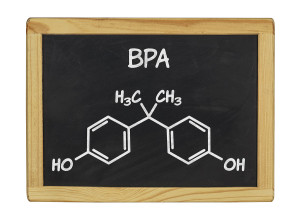 BPA can be found in a variety of polycarbonate plastics and epoxy resins often used in containers that store food and beverages, including water bottles. In addition, BPA is also used in other consumer goods. Many metal products, such as food cans, are lined with epoxy resins to provide a level of sealant and protection. Some dentist sealants and composites also use BPA to strengthen their compounds.
BPA can be found in a variety of polycarbonate plastics and epoxy resins often used in containers that store food and beverages, including water bottles. In addition, BPA is also used in other consumer goods. Many metal products, such as food cans, are lined with epoxy resins to provide a level of sealant and protection. Some dentist sealants and composites also use BPA to strengthen their compounds.
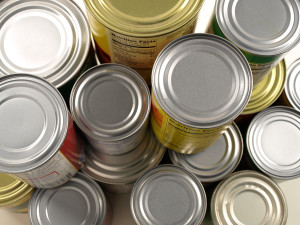 Many researchers have shown that BPA can seep into your food and beverages that contain this chemical compound and there is a major cause of concern for your health when it comes to these toxins entering your system. BPA is known for its effects on the brain, behavior disorders, prostate gland of fetuses, infants and children. In addition, BPA has been linked to the possible increase of blood pressure.
Many researchers have shown that BPA can seep into your food and beverages that contain this chemical compound and there is a major cause of concern for your health when it comes to these toxins entering your system. BPA is known for its effects on the brain, behavior disorders, prostate gland of fetuses, infants and children. In addition, BPA has been linked to the possible increase of blood pressure.
BPA Health Risks
The fact of the matter is that we still don’t know how BPA actually affects our health. In the past, the USFDA supported the use of BPA in our products stating it was a safe compound. However, in 2010 the agency altered its position and continues to conduct studies using standard toxicity test to ensure that BPA is safe and at the current low levels of human exposure. In contrast, studies done on animals have proven “some concern” by the FDA, indicating that there is a potential for dangerous effects on the brain, behavior and prostate glands.
Avoiding BPA Products
- Use BPA-free products. While more manufacturers are creating alternative bottling and storage containers that are BPA-free, it is making it easier for the average American to make smart choices when it comes to your consumption selection. Looking for products that are labeled BPA-free is an easy and effective way to reduce your exposure to this potentially harmful compound.
- Cut back on cans. In addition to selectively choosing your plastics, reduc
 ing your use of canned foods can also help to reduce your overall intake of this compound.
ing your use of canned foods can also help to reduce your overall intake of this compound. - Avoid heat. The National Institute of Environmental Health Sciences recently advised against microwaving polycarbonate plastics or even using them in your dishwasher. The combination of this heat and compound can cause the plastic to break down over time allowing the BPA to leach into your foods.
- Use alternatives. By using glass, porcelain or stainless steel containers for hot foods and liquids instead of plastic containers can also be a great and safe way to store your food while still getting the overall storage protection you need for your food.
One thing is constant when it comes to BPA, and that is not everyone agrees on its overall safety and impact on the human body. 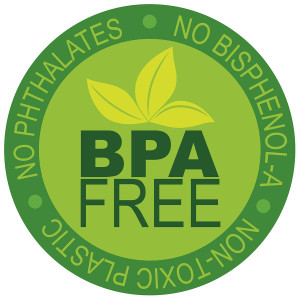 With this product being introduced to the population for over 50 years now, almost every American has been and continues to be exposed to this controversial compound lining our foods from day to day drinking water, canned foods, and the convenient microwavable dinner. So next time you reach for a food product, take some time to see if it is labeled as BPA-free.
With this product being introduced to the population for over 50 years now, almost every American has been and continues to be exposed to this controversial compound lining our foods from day to day drinking water, canned foods, and the convenient microwavable dinner. So next time you reach for a food product, take some time to see if it is labeled as BPA-free.
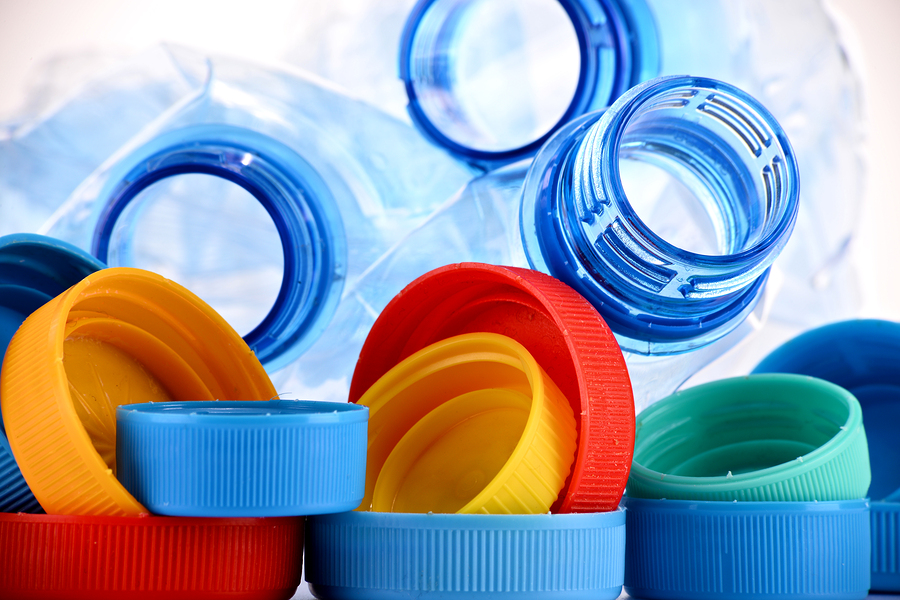


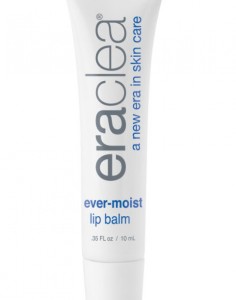
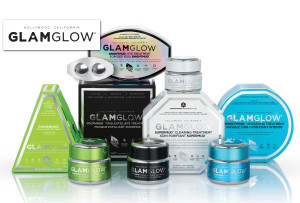



Leave a Reply